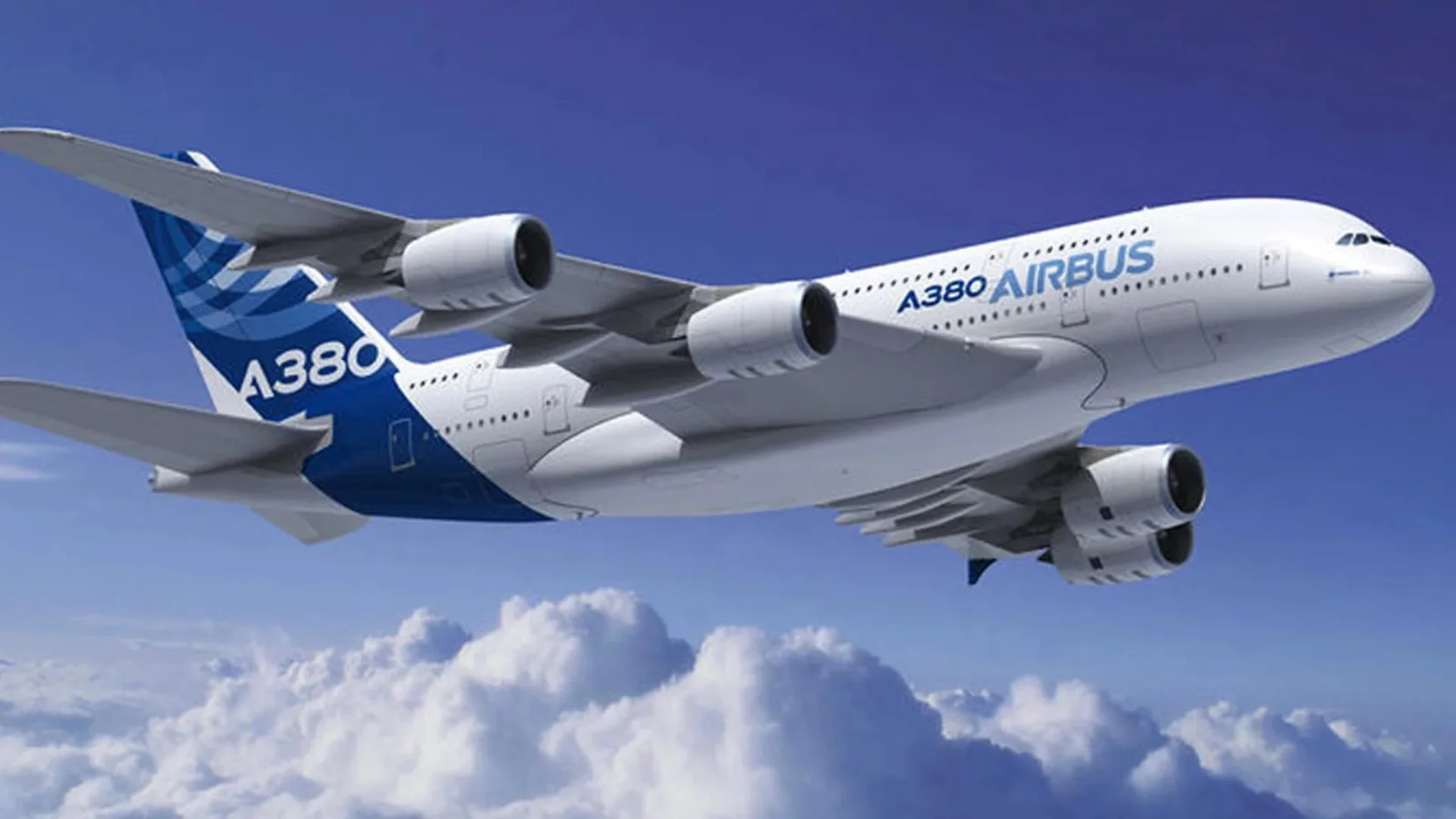The Airbus A380, a prominent figure in the aviation world, is known for its massive size and four-engine configuration. Despite its engineering marvel, the aircraft struggled with profitability due to its size and fuel consumption. The decision to equip the A380 with four engines was primarily due to its weight and size. The A380's Maximum Takeoff Weight (MTOW) of 575T required more thrust than could be provided by two engines alone.
"While relatively modern, the fact that there were four of them meant that the A380 was inherently less efficient than a twinjet like the Boeing 777," as stated in the analysis. The complexity and maintenance costs associated with four engines also contributed to its challenges in sales compared to twinjets like the Boeing 777-300ER.
Despite advancements in engine technology during its development period, "the GP7200 and Trent 900 are orphan derivatives that are less efficient and advanced," which made operating costs higher. The design decisions taken during this time placed it at a disadvantage against newer models such as the Boeing 787 and Airbus A350.
 Alerts Sign-up
Alerts Sign-up




































